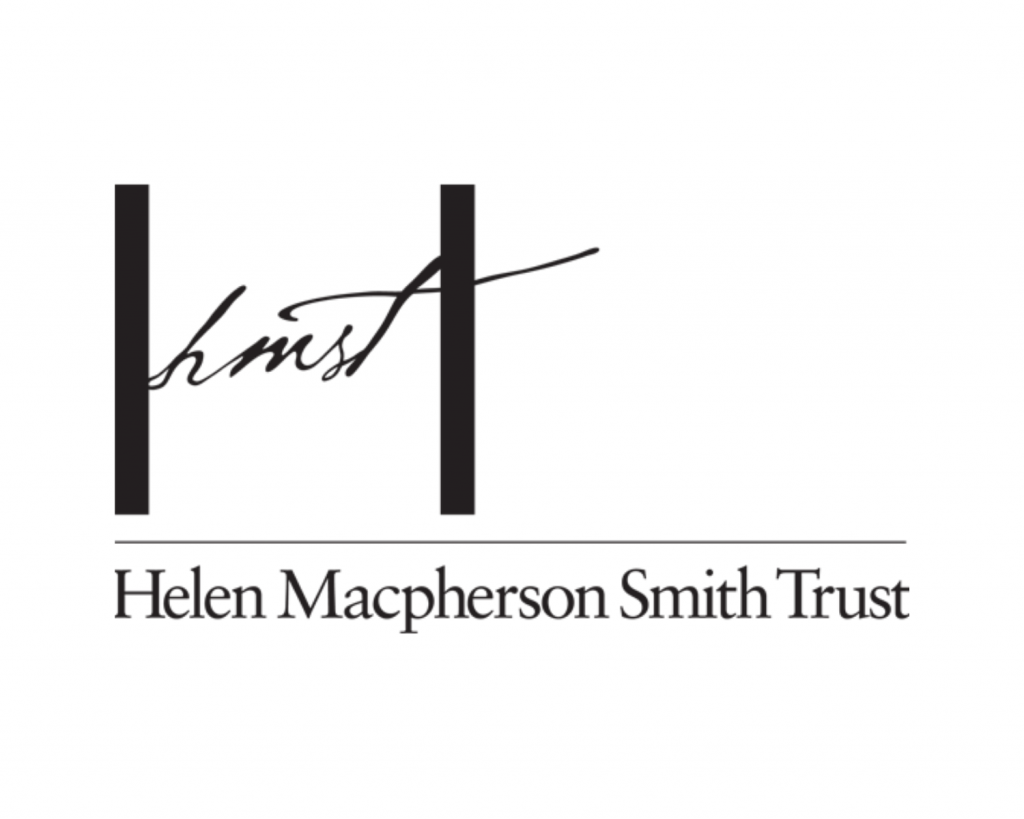Insights: 13 March 2024
The partnership between the Foundation for Rural & Regional Renewal (FRRR) and the Helen Macpherson Smith Trust (HMST) highlights the value of grassroots-focused capacity building in community development.
We are pleased to bring you a Q&A featuring Debra Morgan, an accomplished leader with two decades of executive experience in the philanthropic and for-purpose sectors. Debra joined HMST in October 2021 and has been instrumental in shaping and delivering philanthropic programs that make a meaningful difference.
HMST made a substantial donation to FRRR’s Bushfire Recovery Fund, developed innovatively with further collaboration with the Sidney Myer Fund (SMF). This Fund was developed to meet a gap in the funds being made available to Victorian communities affected by the 2019/20 bushfires, which was building the capacity of organisations in those communities to address challenges in their operations, supporting their growth and development to enable their continued support of their communities’ recovery.
Breaking away from traditional grant structures, the program employed community consultation to identify backbone organisations for multi-year funding. Over three years, the Program Advisory Committee, featuring Debra Morgan, guided the program, and in November 2023 the grant program awarded the final multi-year grants to 9 organisations across North East Victoria and East Gippsland. The recipients represent a broad range of organisations from Indigenous-led initiatives to neighborhood centres. As these projects unfold over the next 24 months, FRRR and HMST’s collaboration serves as a powerful example in the philanthropic community.
Watch the video or read the Q&A text to hear Debra Morgan shed light on the intricacies of this impactful partnership.

Tell us about Helen Macpherson Smith Trust and your giving strategy?
We have a strategy which is focused on community resilience and place-based education. We’ve moved from a really broad giving strategy; we were funding in a lot of different areas, and we felt that we really wanted to be able to understand our impact. So we’ve moved to two areas of impact: community and education. And we’re supporting FRRR through our community resilience lens.
What’s unique about the Bushfire Recovery Fund and what did Helen Macpherson Smith Trust set out to achieve with it?
When the bushfires hit in Victoria, trustees really wanted to help the communities and to make a difference. But we understood that an immediate grant may not be the best response, and that communities, while they were dealing with the immediate trauma of the fires might not be best placed to understand their future path. And so through FRRR and with the Sidney Myer Fund, we held hands, and we navigated to the Bushfire Recovery Fund, which is about enabling FRRR to work deeply with bushfire affected communities to understand their needs, and their readiness to receive funds to create a better future for those communities.
What does the Helen Macpherson Smith Trust and co-funder the Sidney Myer Fund see as the strengths of the partnership?
Some of the highlights of the Bushfire Recovery Fund and working so closely with FRRR and the Sidney Myer Fund on this project has been understanding community voices through FRRR and from the community directly.
FRRR plays an amazing role – really working deeply with communities to understand needs, and I credit them with the work that they do on the ground with communities to help them navigate – often complex – granting regimes that we impose as funders, and to understand how we can practically make a difference.
We’ve had the opportunity at Helen Macpherson Smith Trust to meet some of those fantastic community members along the way. We’ve traveled to Mallacoota and met the community health team there we traveled to Sarsfield out of Bairnsdale to see and meet with the community organisation there. And those people are changing their communities – they’re the coalface and they’re making lives better for their community members, and it’s so inspiring to see them. We couldn’t do that without the support of FRRR and without FRRR working on the ground. So we’re really grateful. That’s been absolutely a program highlight for me.
Can you tell me more about how about your partnership and working with the FRRR team?
We’re a really tiny team at Helen Macpherson Smith Trust and we’re based in Melbourne. So one of the great things about FRRR is that there’s people on the ground in rural and regional communities – not just around Victoria but around Australia, and we really see the benefit of that. We feel we can get scale across Victoria through partners like FRRR because of the really deep work that’s happening on the ground. I think that’s one of the rich and wonderful things about FRRR.
Are there any other philanthropic activities and partnerships that you can tell us about?
Through our education focus area we’re funding some really fantastic place-based organisations. We’re funding the Mornington Peninsula Foundation for the education work they’re doing. We’re funding Tomorrow Today Foundation, which is a community foundation in Benalla, again, we’re seeing education outcomes through that project. And we’re also supporting Ganbina in Shepparton – a place-based education project working with Indigenous partners in Shepparton and the region.
Do you have any advice for any philanthropic organisations or other individuals, when choosing who to partner with?
I think the most important thing, when looking at partners to support is the relationships. And we’ve really got a strong relationship with FRRR. We have a long standing relationship with FRRR, and we’re really seeing the benefits of that, and holding hands on the journey, and learning as we go. I see FRRR absolutely as a partner in this – not as a grantor -grantee relationship. We are partners, and I think we’ve really achieved a lot through this project.

